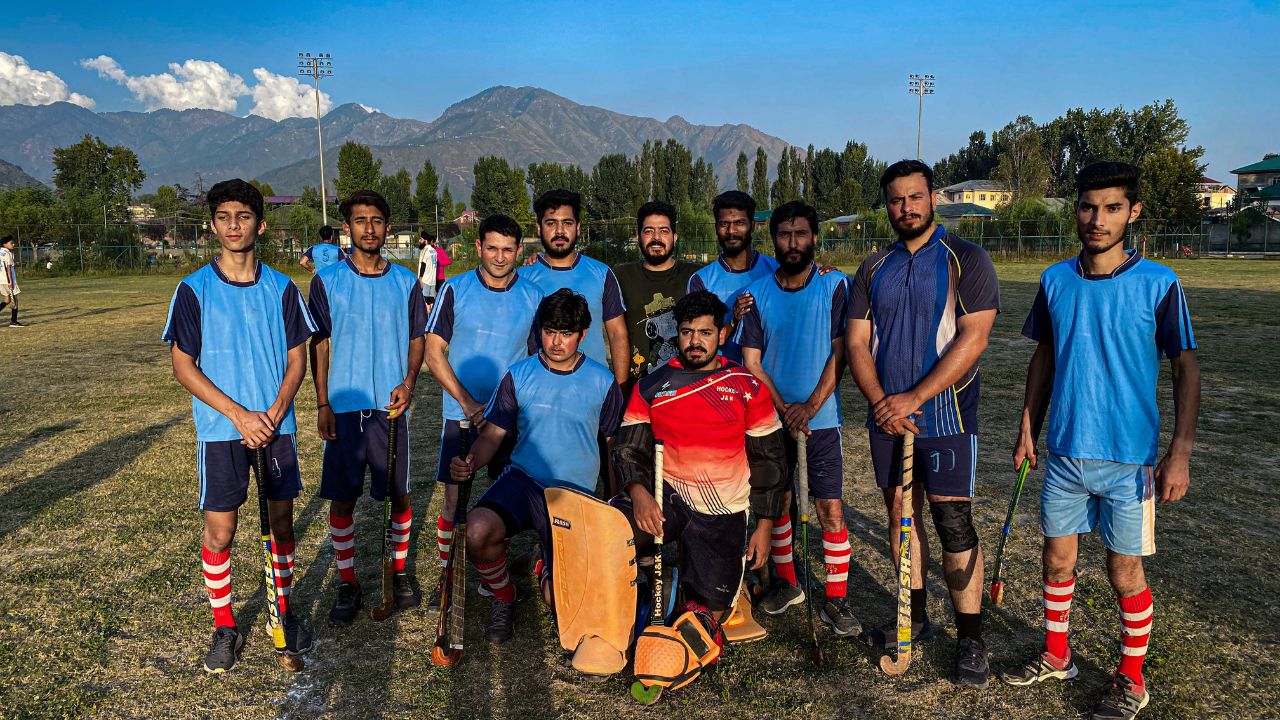Nestled in the heart of old Srinagar lies Mohalla Raja Azur Khan, also known as “Botraj Mohalla.” It’s a quaint community where the Burusho, an ethnic group native to the Yasin, Hunza, Nagar, and other valleys of Gilgit–Baltistan from northern Pakistan have made their home for centuries. Despite their small numbers, this Shia Muslim group has managed to maintain their language and culture, which is a testament to their resilience.
In Jammu and Kashmir, which has a population of about 12.5 million, there are just about 350 Burushaski speakers. The Burushaski language, their native tongue, remains a vital part of their identity, even as they have become equally fluent in Kashmiri over time.
Salman Ali Khan, an employee of the Education department, shared that he has never faced any issues in Kashmir over his ethnicity and distinct language. “I have Kashmiri friends who speak Burusho quite well. I never thought we were different from Kashmiris in any way.”
“My childhood memories are definitely like most of the Kashmir’s, although the credit goes to my family who managed to give a decent life to me.Being their only son, they ensured that I remained focused on academics and make a good life for myself.”
He commends the efforts of the older generation in preserving and passing on the Burushaski language and culture, despite the small population. He emphasised the community’s commitment to preserving their traditions and language and expressed hope that future generations would do the same.



The Burushos’ journey to Srinagar began in 1891 when their king, Raja Azur Khan, lost the struggle against the British in the Gilgit-Baltistan region. He and his followers were forced to relocate to Srinagar, where they remain more than 130 years later.
The Burushaski-speaking community in Srinagar mainly traces its ancestry to Raja Azur Khan and Rehan Ali Shah, who were crown princes of Gilgit Baltistan in the late 19th century. During the Dogra administration, the founding members of the community, including Raja Azur Khan, were detained by a joint force of British and Kashmiri troops.
Raja Imitiyaz Khan, a member of the Burusho community, stresses the importance of passing the language and culture to the next generation. “We make an effort to teach our language and culture to our children before teaching them other languages,” he says, “and I believe that is the reason why we have managed to preserve our language and culture up to this point.”
In 2018, Raja Imitiyaz Khan visited Islamabad and recalled his experience of travelling there for the first time. He stated, “My relatives were amazed to hear me speak Burushaski in its pure form. Similarly, as Kashmiris have failed to preserve their language due to language expansion, people in Islamabad also lack proficiency in Burushaski.”
The Burushos’ dedication to preserving their language and culture is inspiring, and it highlights the importance of celebrating and protecting linguistic diversity. As the world becomes more interconnected, it’s essential to recognise and appreciate the unique voices and cultures that make up our global community.
Related
Fahim Mattoo is a journalist based in Kashmir.












































